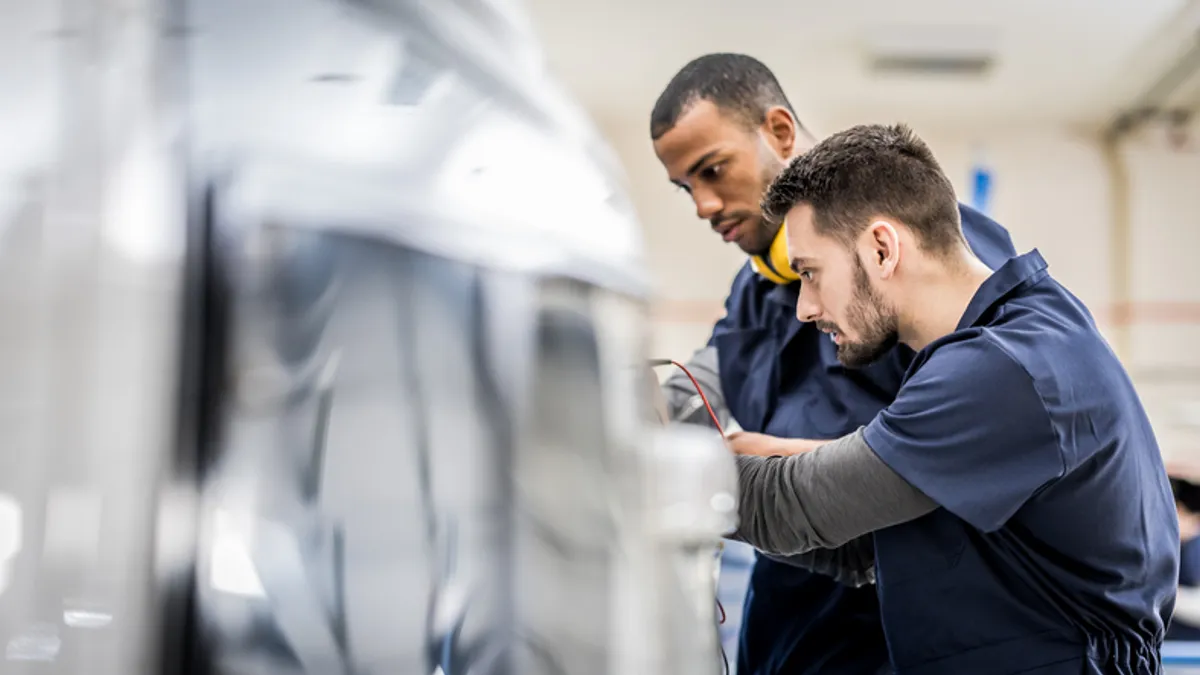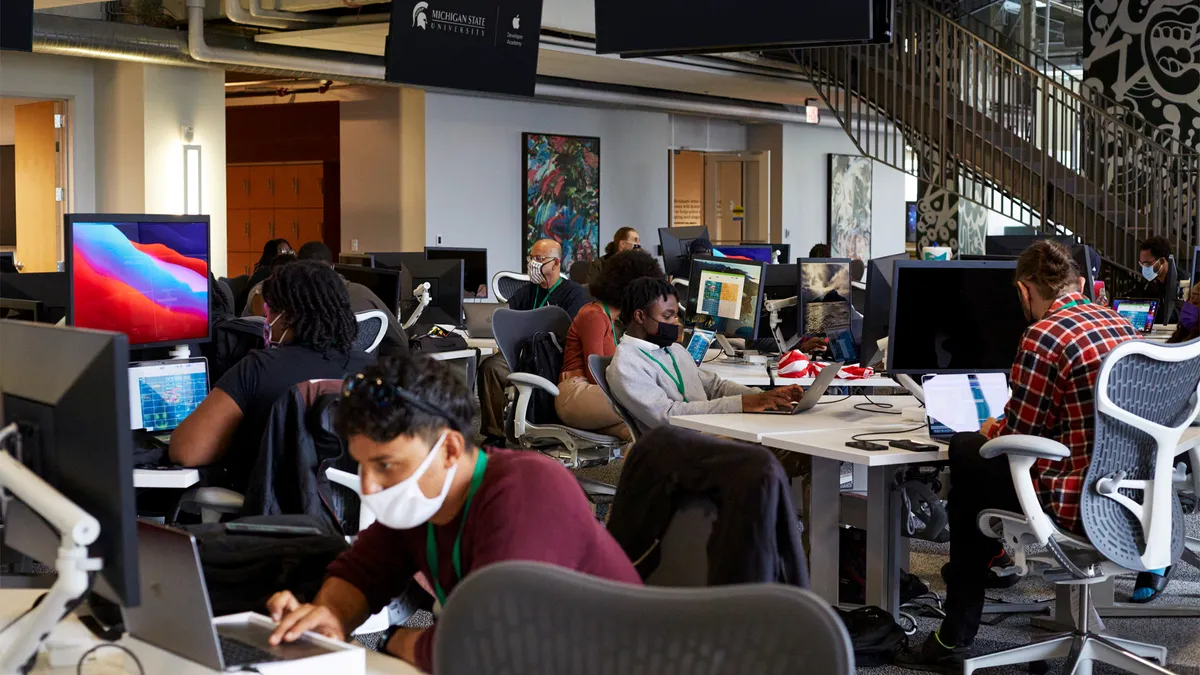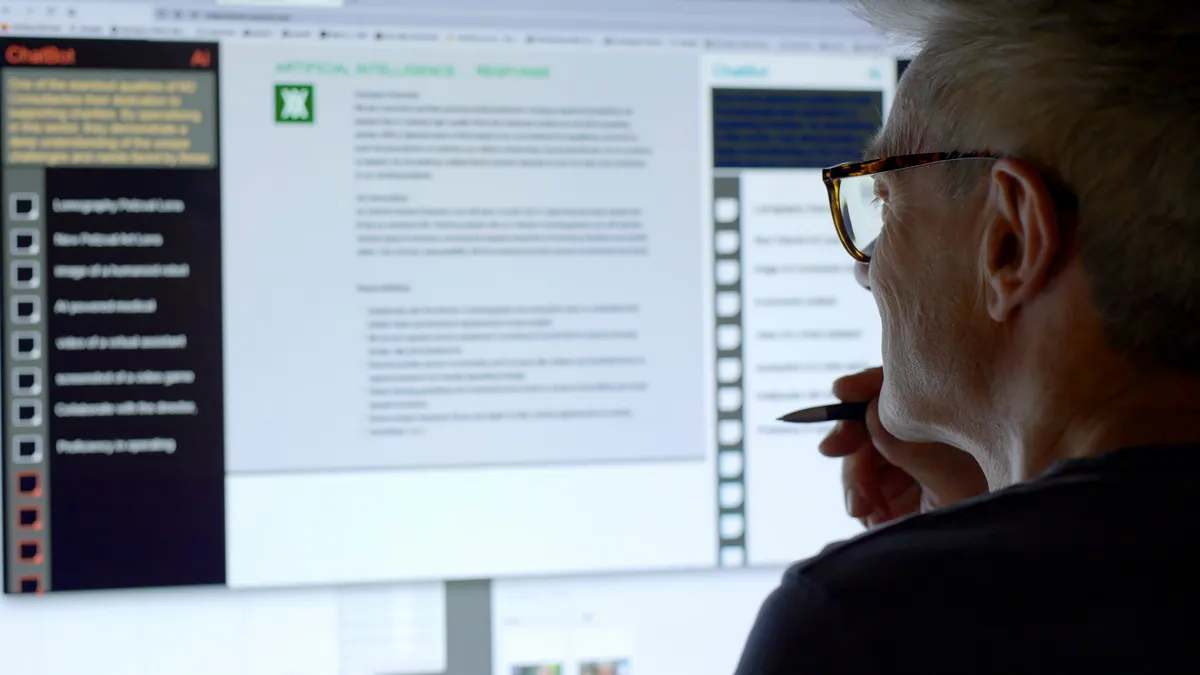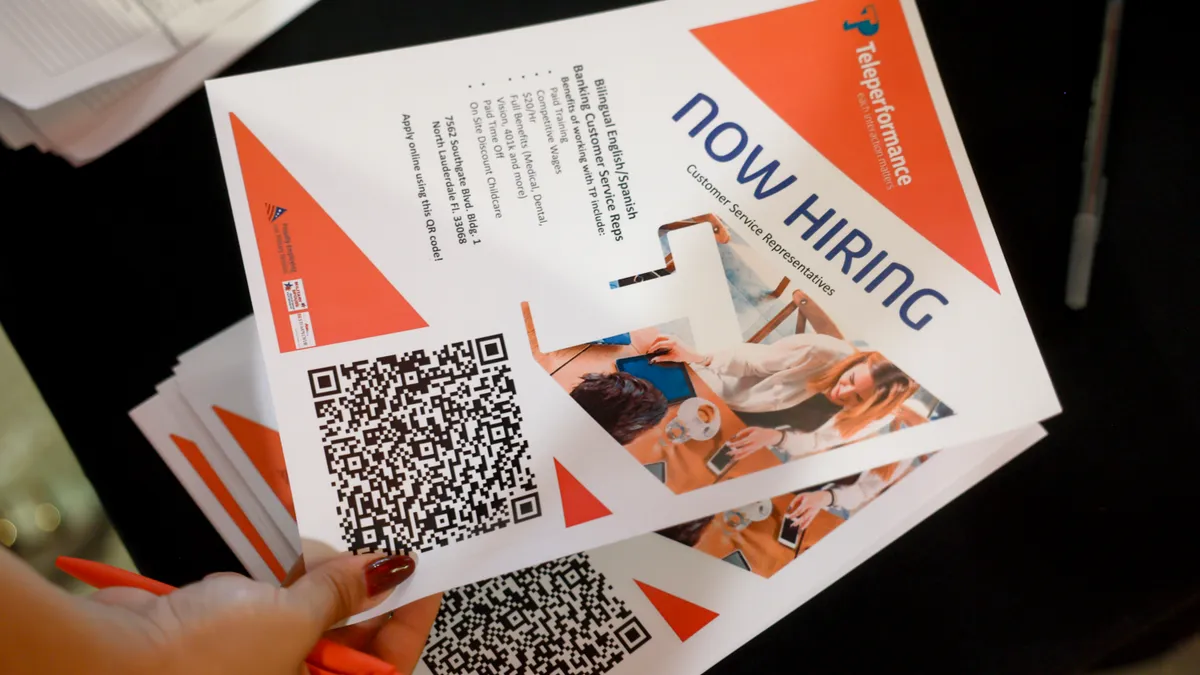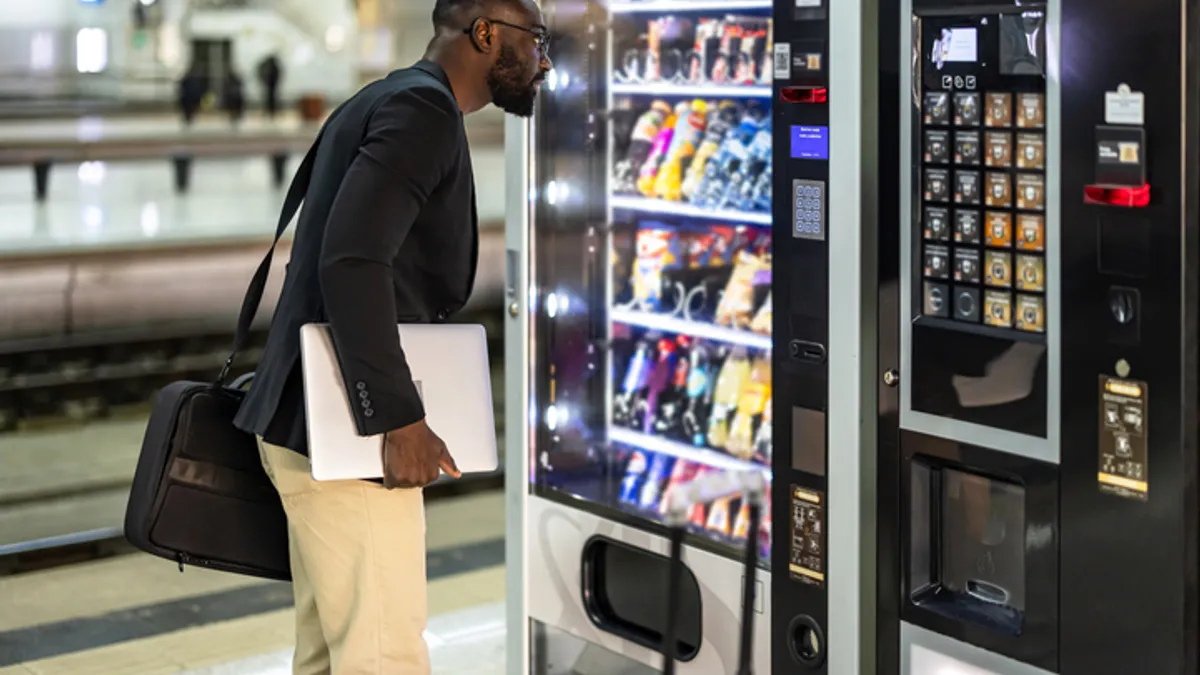Universities and business are increasingly partnering to upskill and "right skill" today's talent. These collaborations are attractive to stakeholders because they can offer an avenue to a degree, a chance to realign skills with the demands of today’s workplace and provide a source for continuous learning.
"Collaboration between schools and the workplace began to strengthen in the 80s, and it’s stronger now than ever," according to Anthony Carnevale, research professor and director of the Georgetown University Center on Education and the Workforce. Skill needs change, and if the change affects a significant number of workers, it will get passed back into the education system, he explained.
And in the last few decades, the rate of change has been rapid. In fact, skill needs are evolving faster than schools can keep up, according to Carnevale. This has resulted in employers working harder to influence the education system, he said.
Historically, professional development programs existed in universities' professional schools, Peter Hirst, senior associate dean for executive education at MIT Sloan School of Management, Office of Executive Education, told HR Dive via email. The last few years have seen these schools expand their professional development offerings, with specialized master’s degrees or non-degree and certificate programming targeted for a specific profession or industry, he said; and that trend has been fueled by online programs and new for-profit providers who have increased partnerships to develop and deliver programs.
These partnerships can benefits companies of all sizes, according to Michelle Lanter Smith, CMO of EPAY Systems. "Most often we see upskilling as a corporate effort, but it can definitely be an area of growth for smaller enterprise business that can’t develop an upskilling program internally," she told HR Dive in an email. "Smaller enterprises can consider partnering with universities to develop robust upskilling programs to compete with larger corporations."
Developing and assessing programs
Some of the best collaborations happen when companies work with universities to design curricula where some of the training is done at the employer’s worksite and some is done at the university (or online), according to Betty Vandenbosch, chancellor of Purdue University Global.
Vandenbosch pointed to a new collaboration with Papa John’s Pizza to upskill employees, but national companies aren’t the only ones developing partnerships. Purdue University Global is also working with small, regional healthcare providers to develop degree programs to help nurses to earn bachelor’s degrees — a major challenge, especially in rural areas of the country, she told HR Dive via email.
Programs can be designed to help businesses meet their needs while still accommodating the needs of adult learners. In many cases, Vandenbosch said, students even receive college credit for prior work experience.
The first step, according to Robert A. David, managing director of corporate education, UC Berkeley Corporate Education, is to define what a successful outcome would look like. For example, he said in an email, leadership development for a senior team may focus on alignment, coaching, mentorship and innovation as core objectives. For junior and mid-level teams, leadership development may focus on self-awareness, ethics, goal setting, team leadership and relationship building.
Vandenbosch agreed that personalization is critical for employers to close their specific skills gaps. "When businesses and universities work together," she said, "they can properly assess the needs of the business, identify skill gaps and develop a program to help employees achieve their degrees — therefore closing the gap."
But the ultimate assessment of whether these programs are successful is employers’ ability to attract and retain employees, according to Vandenbosch, "and the number of employees who earn credentials and reach their full potential." Employers can assess participants before and after the program to measure specific behavior change, David explained.
The future of partnerships
Talent is increasingly mobile, said Hirst, so individuals want transferable skills that aren't too specific to a particular employer or industry. But companies may be less willing to invest in developing individual skills with long-term payoffs if they won’t reap the benefits themselves, he said, "and instead try to focus on very company-specific programs."
"When you combine the skills shortage with the growing population of millennials in the workplace who are looking for meaningful work and career growth, universities are smart to provide professional development programs that provide students with the skills employers are looking for," Ophelia Yan, HR consultant at Mammoth HR, wrote to HR Dive. "It’s a great recruiting strategy for universities as well since it demonstrates their value to a generation of young people that are hesitant to take on large amounts of student debt."
But employers have to bridge the divide between their needs and and the needs of employees. Companies must remember that it's not just about the learning; it's about the learners, Vandenbosch said. "We have to recognize that adult students have lives and are trying to fit education into their busy schedules," so personalization is key. Preparing the employee for the next job is fine, she said, but they also must be planning and preparing for the job after that.








